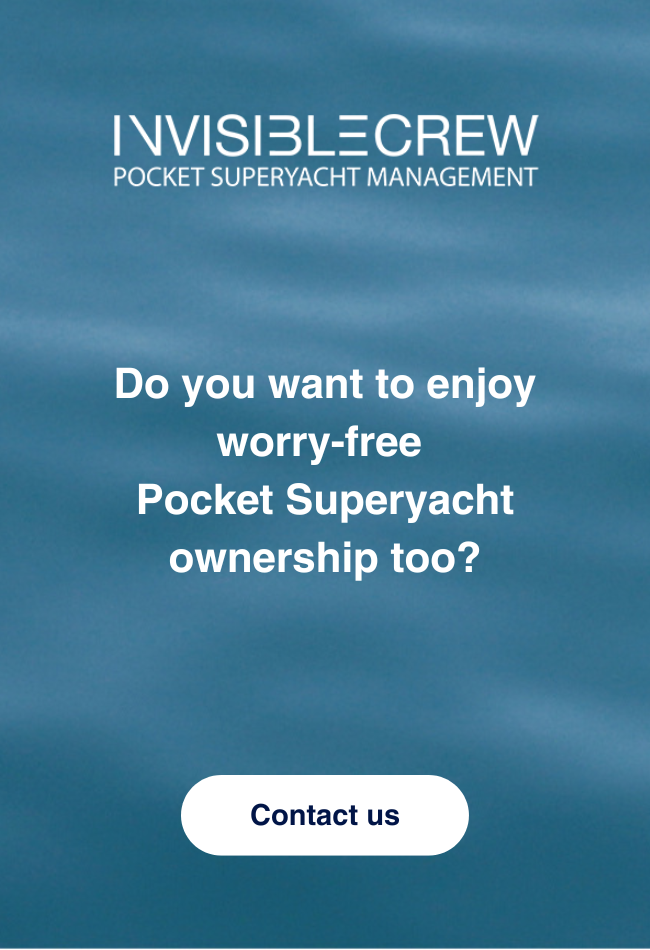
There are, as always, plenty of opinions about, many of them contradictory. Some positive, and many more negative. Most of us can agree that whatever comes next is likely to be difficult, prolonged and potentially very different to what seemed normal, and unchangeable less than three months ago. Fortune will favour the agile, the adaptable and the quick, they always seem to come out on top.
The need to adapt to cope with, and prosper in the post Covid world could well be the catalyst for long overdue change with some very beneficial outcomes for our big population centers, and wider economies.
These days the heart of major cities have clusters of modern service industries that really don’t need to be there. The modern downtowns of steel and glass skyscrapers are packed to the gills with people working on computers, permanently attached to phones have been forced to adapt. The concept of working from home is not a new one, most companies have been considering it, in a half hearted way for a couple of decades. In March as the world sent everybody home, these half made plans swung into action, and in the main they have worked.
Major cities like London rely on public transport to bring in their army of workers every morning, and whisk them back to the suburbs again at 5.01pm. They won’t be doing that for a while. The London transport network has been operating at way beyond capacity for as long as anyone can remember. As we get back to work, social distancing rules on public transport will reduce the capacity by 90%. Only one in ten people will be able to get into the office on public transport. London and other cities, where driving isn’t a viable option, have been rapidly redesignating roads as dedicated cycle paths over night. Subsidies and tax breaks on bikes seem to have already persuaded a few reluctant cyclists onto the new infrastructure. As more people cycle, it will look more attractive and coax yet more onto two wheels. The overwhelming evidence from studies of Holland and Denmark, where this is the norm show urban areas that are more pleasant to occupy, with more prosperity and healthier, happier inhabitants.
The greater effect is likely to be more people working at home, more days of the week, perhaps for the rest of the year. Workers, and companies will have streamlined the process, set themselves routines that maintain a work life balance while remaining at home. Many commuters will get back 4 hours or more of traveling time every day to spend with their families, take the dog round the block or some other activity infinitely more interesting and productive than catching the 0716 from St Albans, saving thousands in travel costs per year in the process.
CEOs will spend the next 7 months looking at expensive city centre offices sitting empty, while work carries on productively via Zoom conferences and WhatsApp groups. What they will see is a gigantic overhead ripe for culling. Why have 1000 desks, when you can have 100 for the few occasions people actually need to be in the same room?
It won’t be long before the penny drops. Why continue to live in the pricey suburbs of a big city, when you could sell your small home, and buy a cottage at the other end of the country, or another country even? National economies with dominant cities and neglected provinces could see the wealth distributed much more widely, dragging previously neglected areas back to prosperity. You could work for a London, Frankfurt or New York based firm from anywhere with a decent WIFI connection. We could see a rise in collaborative working spaces. Why work from your kitchen table, when you could walk a couple of hundred meters to a coffee shop or shared space, plug your laptop in, and you are in the ‘office’.
There is, rightly, much to be concerned about in the post Covid economy, and it’s not going to be easy for many, and catastrophic for some, but there is at least a glimmer of something shiny to be found in the ordure. We knew it was there all along, perhaps this is just the shove we needed to find it.
Phill McCoffers Islander June 2020












